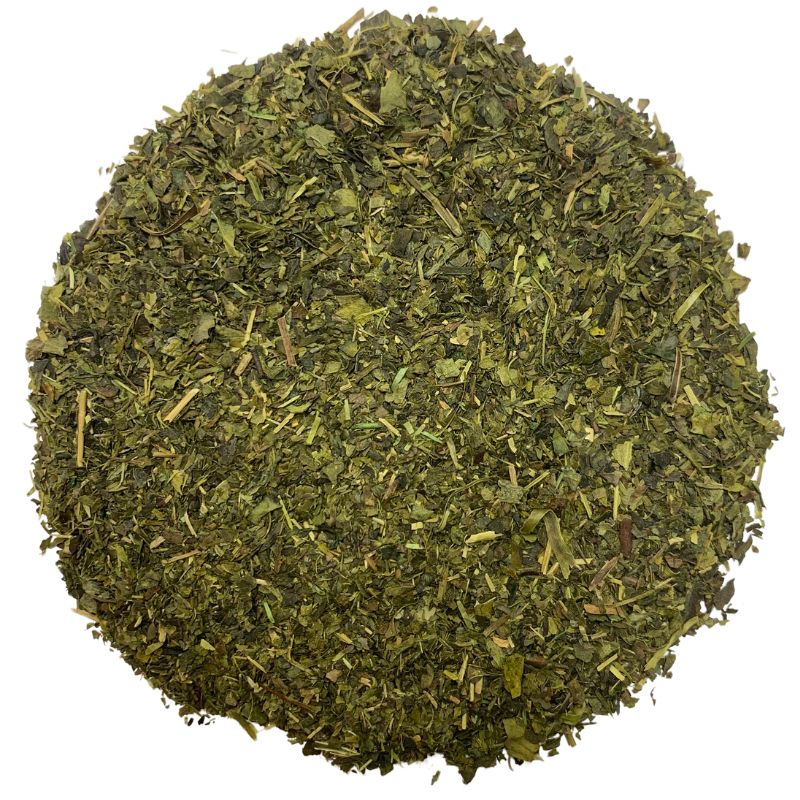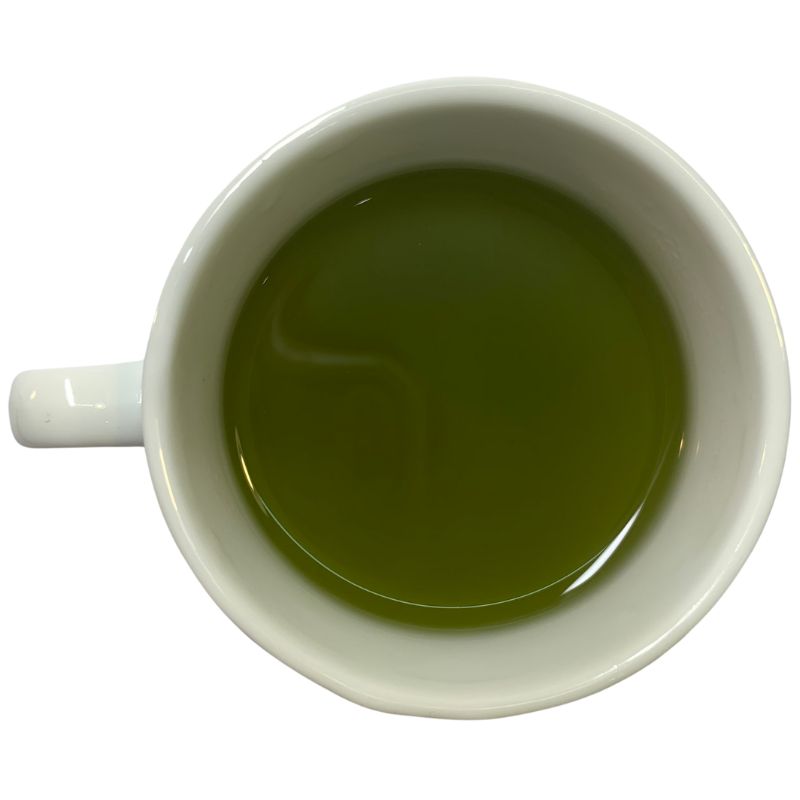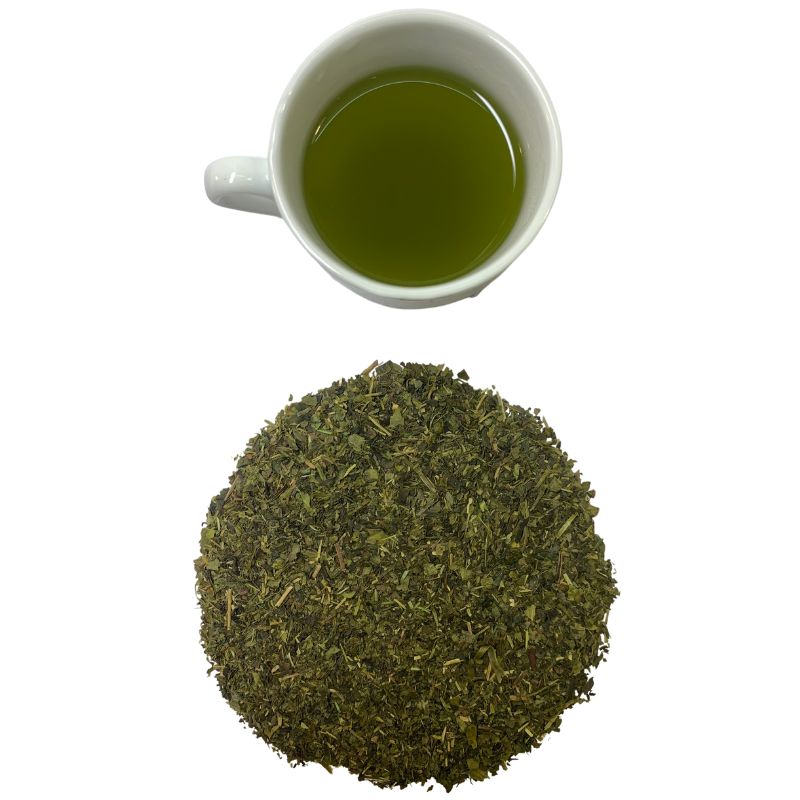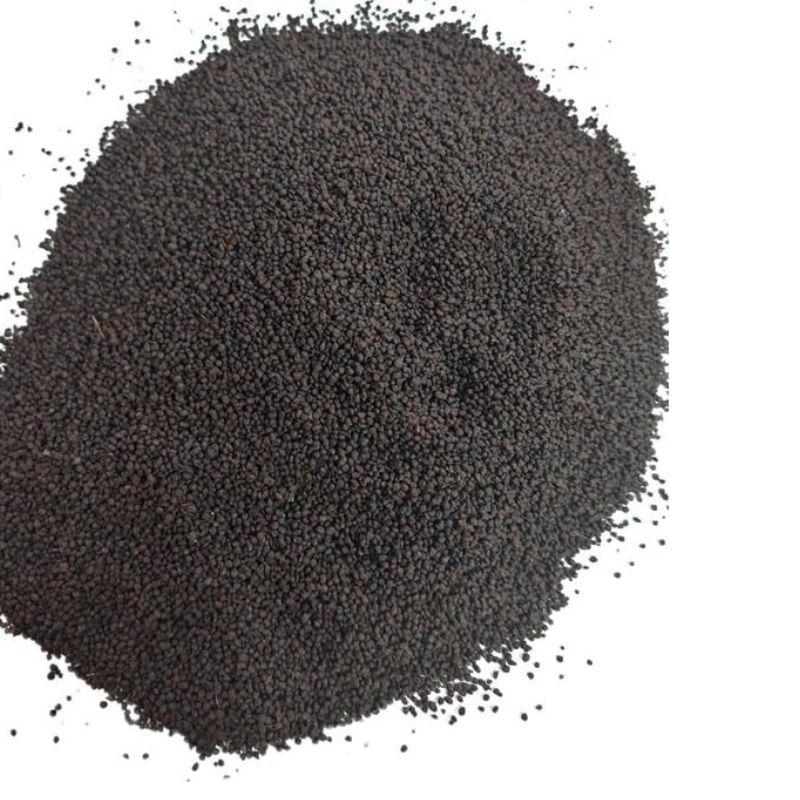Green Tea BPS
- Appearance: Fresh green color, torn, fragmented leaves that are crushed into smaller pieces
- Cup: natural pure, custom
- Taste/aroma: a rich flavor and often a slight bitterness
- Packing: 40kgs/bag
- Q'ty: 22-23 Tons/40ft
- Exp: 3 years
- Ability supply: 5 x 40ft/month
- Payment Terms: TT, LC, TT and DP at sight
- Samples: The samples are send via DHL, Fedex, UPS...
- Origin port: Haiphong, Vietnam
Green Tea BPS refers to a specific grade or type of green tea. In the context of tea grading, "BPS" stands for "Broken Pekoe Souchong." This grading system is commonly used in the tea industry to classify teas based on the size and quality of the leaves. Let's break down what each term means:
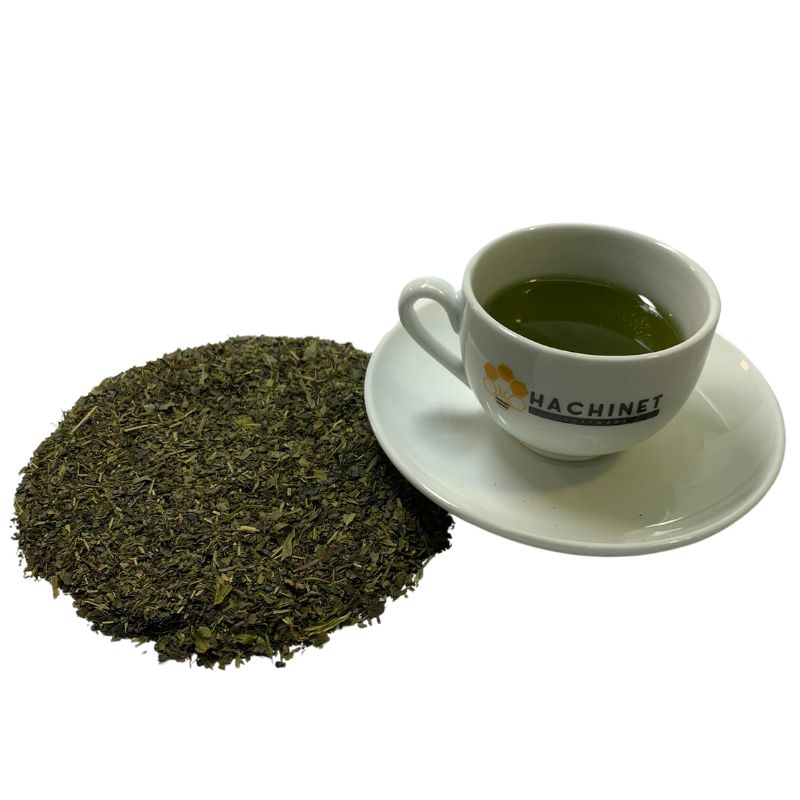
1. Broken: In tea grading, "broken" refers to the size of the tea leaves. Broken leaves are smaller and more fragmented compared to whole leaf teas. The extent of "brokenness" can vary, ranging from slightly broken to finely broken.
2. Pekoe: Pekoe is a term used to describe a specific grade of tea leaf. It typically refers to the young, tender leaves at the tip of the tea plant's branch. Pekoe leaves are prized for their delicate flavor and aroma.
3. Souchong: Souchong refers to a grade of tea leaf that is larger and coarser compared to Pekoe leaves. Souchong leaves are usually harvested from the lower parts of the tea plant and are known for their robust flavor.
Combining these terms, Green Tea BPS consists of broken tea leaves that include both Pekoe and Souchong grades. This combination of leaf sizes contributes to a unique flavor profile and appearance in the final tea.
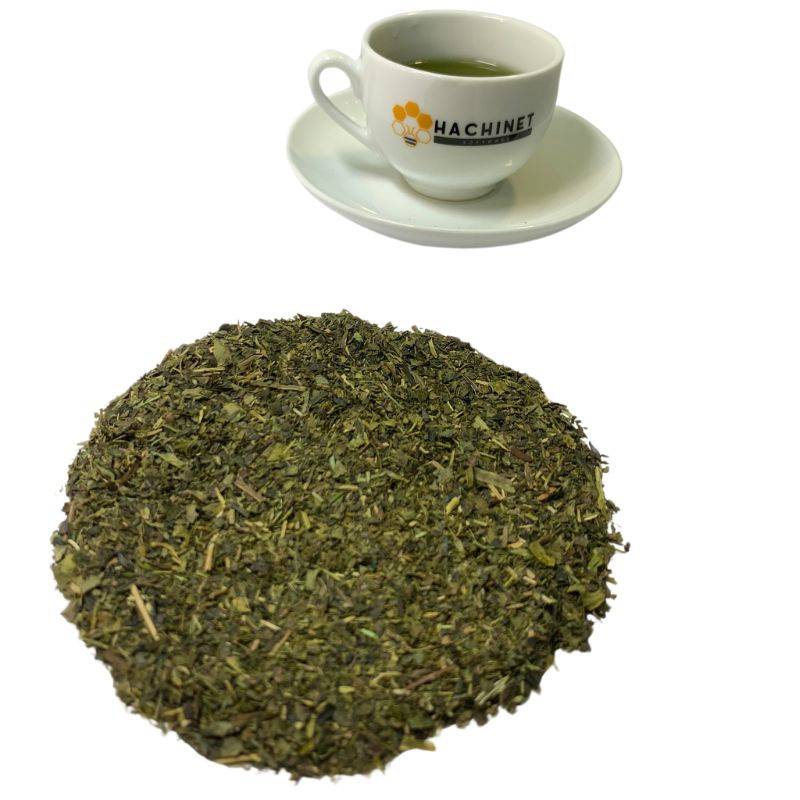
Green Tea BPS is known for its robust flavor, aromatic fragrance, and bold appearance. It is often enjoyed both hot and cold and can be brewed using various methods to bring out its unique characteristics.
Contact for consultation/order
Contact for consultation/order


